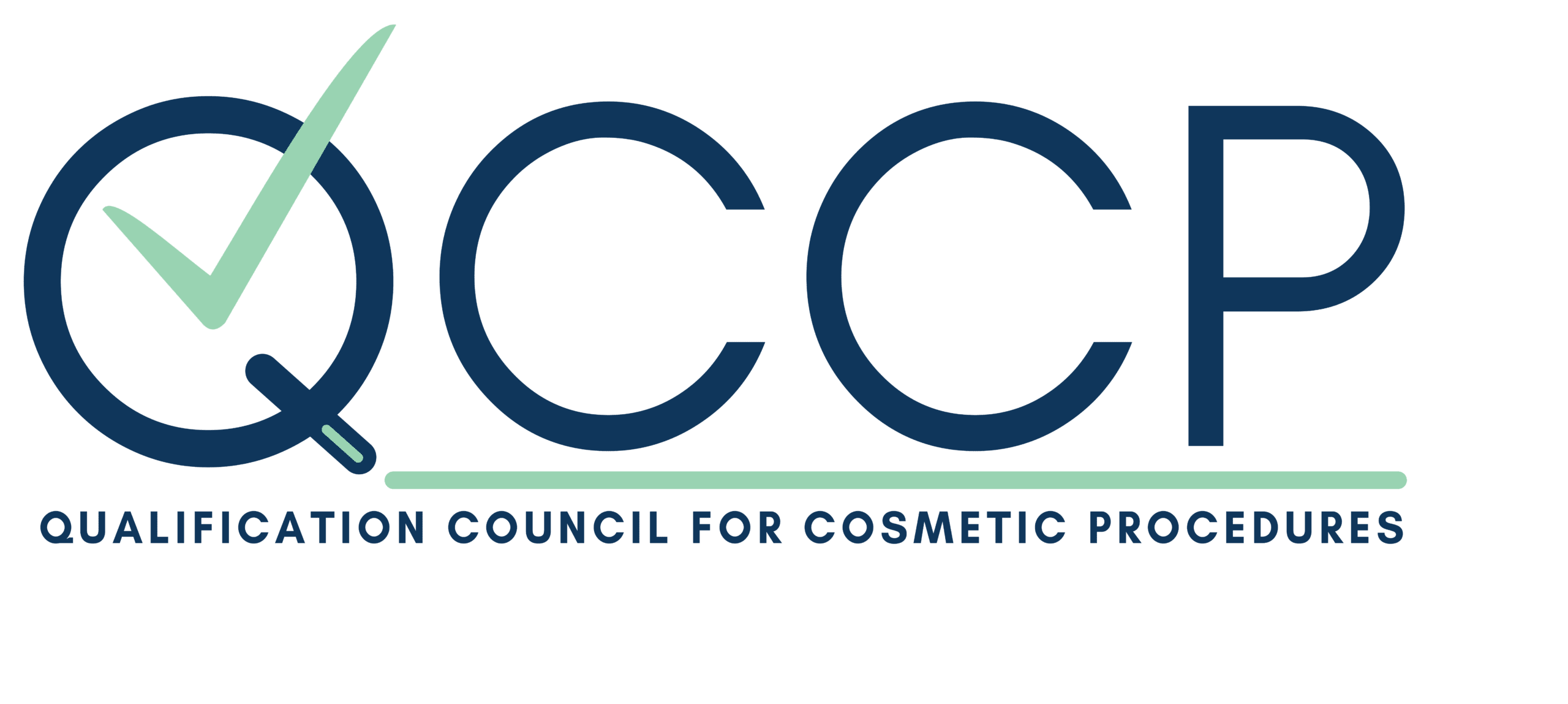RSPH Level 2 Award in Infection Prevention and Control
About the course
The objective of the RSPH Level 2 Award in Infection Prevention and Control is to cover the principles of infection control through application of the ‘chain of infection’ and the ‘standard infection control precautions’ for Special Procedures Practitioners either employed, self-employed or as practitioners managing a business.
It is a valuable free standing qualification that is also suitable for trainee practitioners engaged in other relevant vocational training and employment.
The purpose of this qualification is for learners to obtain a knowledge and understanding of;
the importance of infection control and prevention, associated infectious and non-infectious hazards, good infection practice and controls based upon an awareness of the chain of infection and standard infection control precautions.
Special Procedures Practitioners are individuals who practice acupuncture, body piercing, electrolysis or tattooing. In Wales these are as identified in Section 57 of the Public Health (Wales) Act 2017 and are further defined in Section 94 of that Act.
In England these are identified under Section VIII of the Local Government (Miscellaneous Provisions) Act 1982 as amended by the Local Government Act 2003.
Why Choose The QCCP?
We offer a full suite of learning options to suit every practitioner.
Our unique packages range from traditional classroom learning to a fully managed online experience that allows practitioners to learn at their own pace, from the comfort of their own homes and when they feel ready they can choose to either sit the exam online or at one of our examination centres.
Our e-learning platform offers an all-inclusive online learner experience which is accessible wherever and whenever you need it.
Our bespoke e-learning platform takes away the need for you to spend hours in a classroom environment and provides a unique guided learner journey that allows you to learn at your own pace. Not only is it a far more suitable option for practitioners who run busy businesses but evidence shows that e-learning can help students retain between 25% and 60% more information.
Benefits of Our E-Learning Platform
Learner workbook
A full copy of the learner workbook which is available electronically and in hard copy.
Reading Materials
To help you develop a further understanding of key areas.
Narrated Presentations
Each section of the course has it's own narrated presentation.
Video Content
To compliment the learning materials and provide additional information.
Quizzes
Each section has quizzes so you can test your learning and understanding of each module.
Support Forum
Access to an online support forum where you can ask questions and access FAQ’s.
The Platform
The platform's interactive features enables you to learn at your own pace in your own environment.
Mock Exams
Once you have completed all of the modules you can take a mock exam to ensure you feel prepared.
Learning Packages to Suit Every Practitioner
OPTION 1
OPTION 2
OPTION 3
Choose The Learning Package to Suit You
OPTION 1
E-Learning and Online Exam-
Full access to E-learning platform
-
Full colour delegate workbook (PDF printable version)
-
Access to online moderated support forum and FAQ’s
-
One online exam attempt (additional attempts are charged at £50)
-
Book now to save £49. Offer available for a limited time only.
OPTION 2
E-Learning and Classroom Exam-
Full access to E-learning platform
-
Full colour delegate workbook (PDF printable version)
-
Access to online moderated support forum and FAQ’s
-
One classroom exam attempt (additional attempts are charged at £50)
-
Book now to save £49. Offer available for a limited time only.
OPTION 3
Classroom Learning and Exam-
Full colour delegate workbook
-
Classroom learning (7 hours)
-
1 classroom exam attempt (additional attempts are charged at £50)
Frequently Asked Questions
Special Procedures Practitioners are individuals who practice:
- Acupuncture
- Body piercing
- Electrolysis
- Tattooing
- Semi-permanent make-up
In Wales these are as identified in Section 57 of the Public Health (Wales) Act 2017 and are further defined in Section 94 of that Act.
In England these are identified under Section VIII of the Local Government (Miscellaneous Provisions) Act 1982 as amended by the Local Government Act 2003.
‘Acupuncture’ refers to the insertion of needles into an individual’s tissue for remedial or therapeutic purposes, but excludes the insertion of needles into tissue for the purpose of injecting substances.
‘Body piercing’ refers to the perforation of an individual’s skin or mucous membrane, with the view to enabling (a) jewellery, or (b) an object of a description prescribed in or under regulations, to be attached to, implanted in, or removed from the individual’s body.
‘Electrolysis’ refers to the removal of an individual’s body hairs by passing an electric current through the root by means of an inserted needle to probe.
‘Tattooing’ refers to the insertion of any colouring material designed to leave a semi-permanent or permanent mark (including micro pigmentation) into punctures made in an individual’s skin or mucous membrane.
The knowledge and understanding of the candidates will be assessed by a multiple-choice examination.
The examination is provided by RSPH and consists of 30 questions. A candidate who is able to satisfy the learning outcomes of the qualification will achieve a score of at least 25 out of 30 in the examination.
Strong performance in some areas of the qualification content may compensate for poorer performance in other areas. The duration of the examination is 1 hour.
Yes, if you opt for Option 1 the course content and the exam is available online.
Learners have 1 hour to complete the exam in both the classroom and online formats.
On successful completion of this qualification, learners wishing to operate in Wales will be able to apply for a Special Procedures license under Part 4 Public Health (Wales) Act 2017.
Learners in England can apply for a license under identified under Section VIII of the Local Government (Miscellaneous Provisions) Act 1982 as amended by the Local Government Act 2003. Government Act 2003
